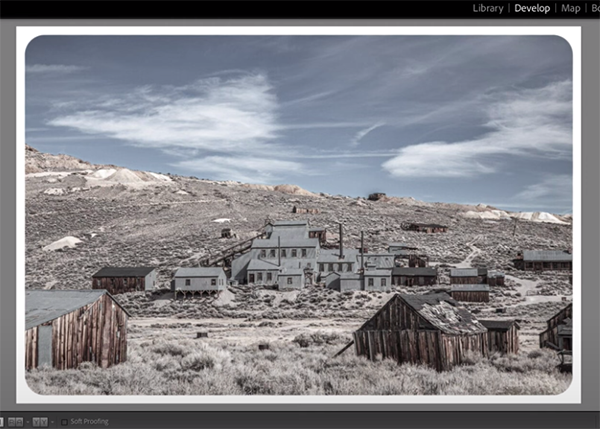The #1 MISTAKE You Can Make When Editing Complex Landscape Photos (VIDEO)
Complex landscape scenes can be extremely difficult to capture and edit because of the many elements and tonal values involved. Today’s tutorial from the PHLOG Photography YouTube channel reveals the “biggest mistake” you can make when editing these types of images.
This error is extremely common among inexperienced Lightroom users and instructor Christian Mohrle puts it bluntly: Limiting yourself to global adjustments is a huge mistake “because different areas need different treatments.” Hence the importance of selective enhancements with masks to balance out exposure values and colors throughout the frame.
Mohrle is an acclaimed German pro specializing in landscape photography, and he’s just as adept behind the computer as he is when looking through a viewfinder. His post-processing technique is somewhat unusual because it follows a two-step approach. He first applies global adjustments to create a solid “base image,” and only then does he turn to masking and selective enhancements that contribute to the ultimate result.

Oftentimes Mohrle adds a bit of color grading, sharpening, and a final cleanup up before his transformation is complete. As always there’s a link beneath the video for downloading today’s sample image so that you can follow along and make the changes yourself in real time.
This demonstration shot has a number of issues in need of attention, from an overly bright sky, a very dark foreground, a bright midrange, and distant mountains that deserve to be accentuated. And as Mohrle explains, “editing images like this globally is a nightmare.”
The key to most of Mohrle’s videos is the assortment of enhancements that he applies in a specific order—and you’ll learn plenty of that today as you watch him work his magic. But the real takeaway in this particular episode is understanding the hierarchy he follows to maximize the interplay between preliminary basic adjustments, local enhancements that follow, and the final tweaks to color and sharpening.

Mohrle’s strategic approach admittedly takes a bit more time, but it’s the only way to go if you’re striving for maximum impact and image quality. In fact, you may even consider modifying your workflow accordingly.
The PHLOG Photography YouTube channel is a great source of shooting and editing advice for landscape photographers of all skill levels, so be sure to take a look.
We also recommend watching an earlier tutorial we posted demonstrating another pro’s technique for capturing spectacular nature and landscape photographs with an iPhone.









